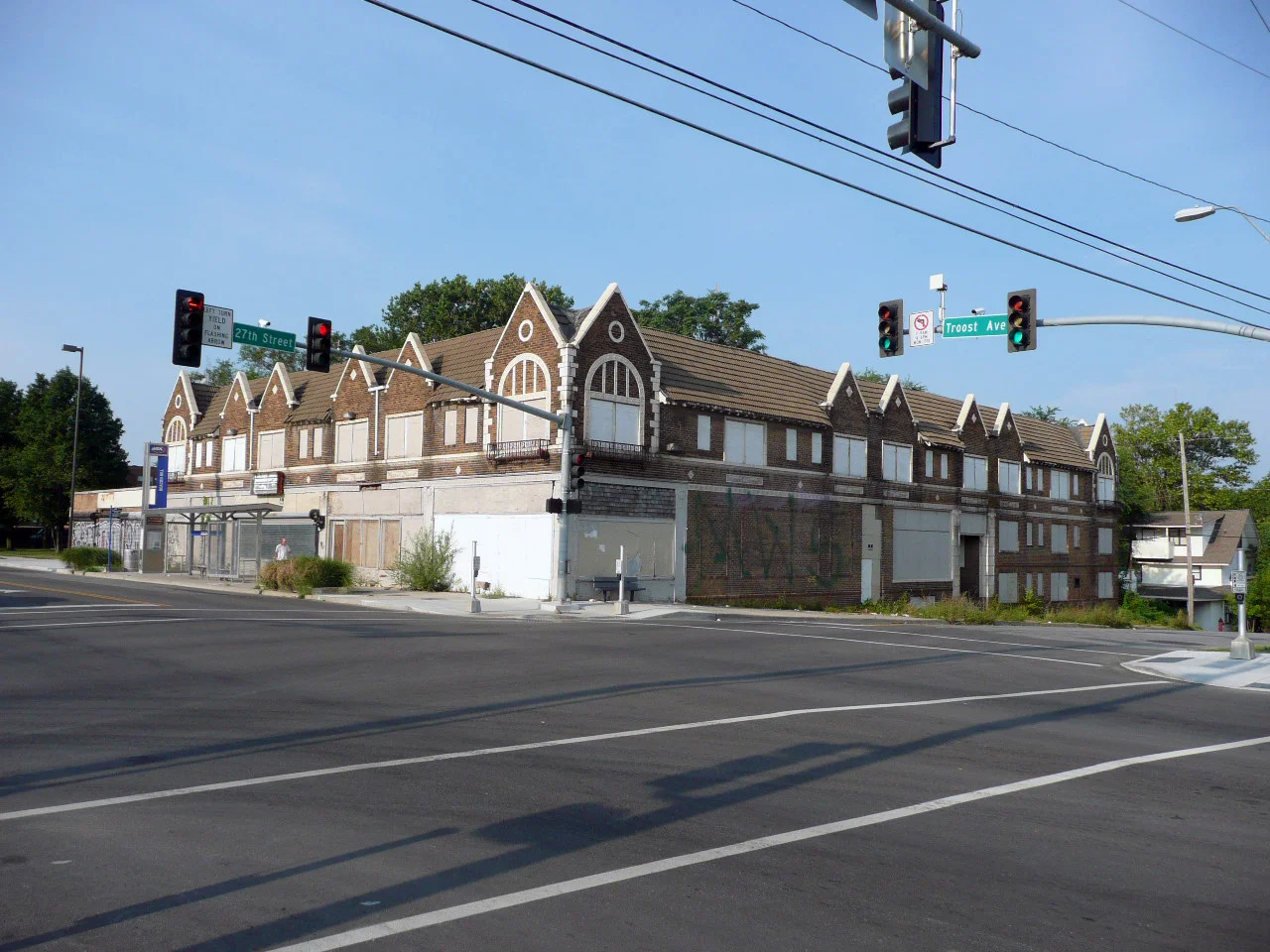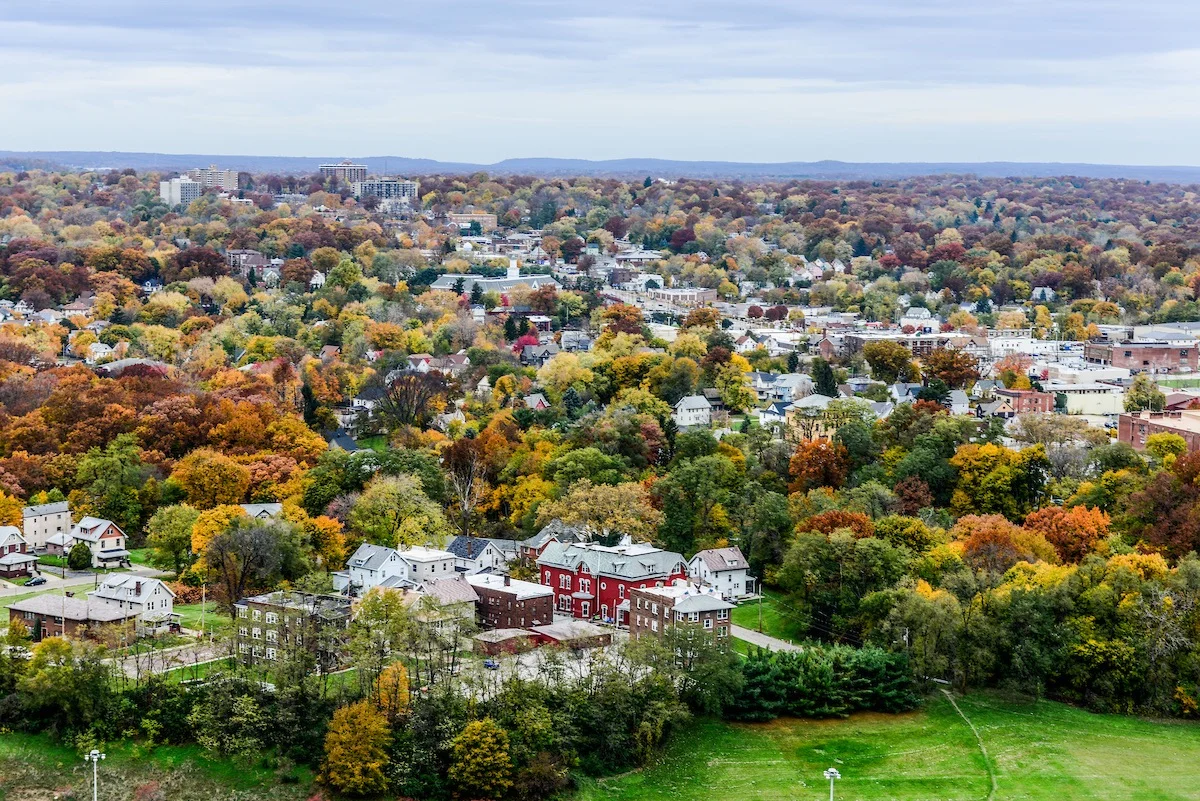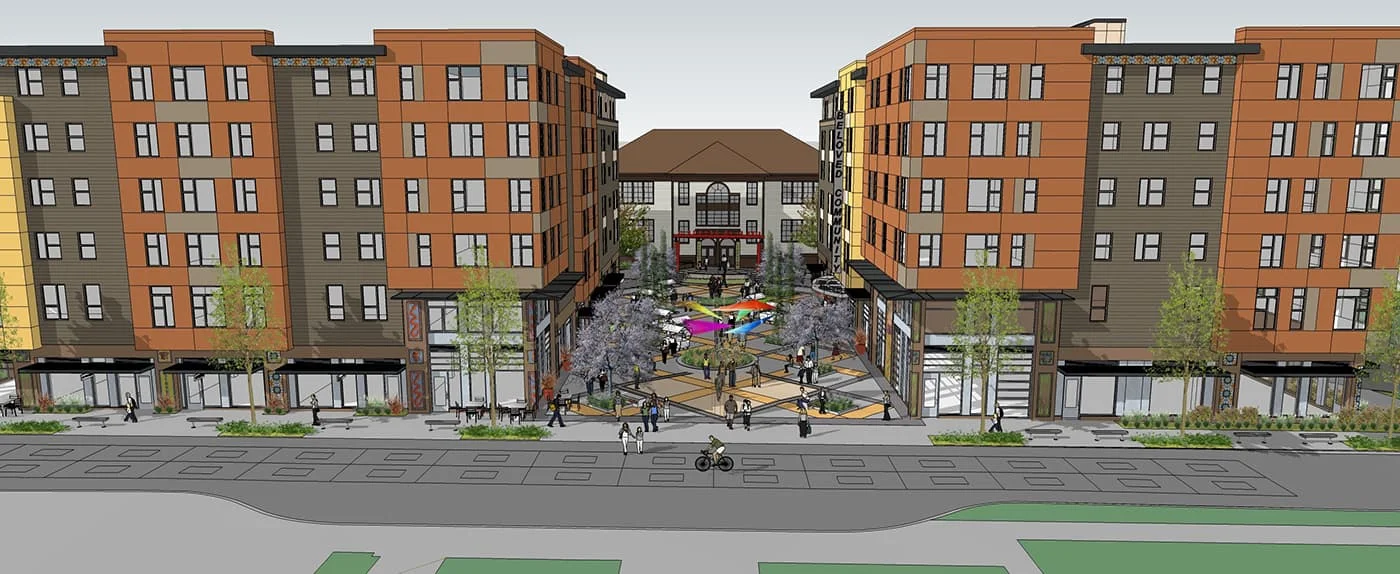Fast-growing Austin is at a crossroads. Officials there are weighing the adoption of a new land development code. Will the city settle for the status quo—drive-by urbanism and a code that doesn’t adequately address the need for more housing? Or can something better emerge?
Read MoreIn Seattle, policy victories tend to be long-fought and hard-won. What will it take to achieve a city that can flex, evolve, and meet its residents’ needs in a more organic way, without every change becoming an arduous political battle?
Read MoreLexington, Kentucky recently proposed an ordinance that would allow accessory dwelling units. Nolan Gray explains how ADUs are good for renters, good for homeowners, and good for the city — and why Lexington’s ordinance is (almost) perfect.
Read MoreSouth Florida is known for its luxurious lifestyle and extravagant beachfront homes. These mansions must reel in big bucks for the city, right? Let’s see how productive they really are when we #DoTheMath.
Read MoreThor Erickson—a longtime leader in the neighborhood and civic nonprofit sector—shares how you can use nonprofits to build strong neighborhoods in your own community, including how to bring your unique perspective to neighborhood investment, how to partner with your local government, and how to get your community behind your mission.
Giorgio Angelini’s documentary Owned chronicles the commoditization of homeownership in the U.S. and its fallout—both for those who were left out, and for those who were sold promises that we’re now struggling to fulfill.
Read MoreMid-size regions like Kansas City don’t have the affordability struggles of, say, a fast-growing Denver or Seattle: they have their own unique challenges instead. Here’s how the “natural” affordability of homes in these places can be turned into an opportunity for an urban renaissance.
Read MoreSan Bruno, California laid out a detailed blueprint for more housing. One developer followed that blueprint. $3 million and 3 years later, the city killed his project anyway.
Read MoreThose who are most comfortable with the status quo often demand that we exhaustively study any new policy for possible harmful side effects before taking action. But what if we applied the same scrutiny to the harmful side effects of not changing things?
Read MoreStrong Towns has been urging cities to end single-family zoning for ten years. But are cities listening?
Read MoreWhat would it actually cost to put a roof over the head of every person experiencing chronic homelessness? Some number crunching suggests not as much as you think, and an amount we could afford—especially given what it already costs not to.
Read MoreHow is it possible that so many of our cities are seeing their footprints grow, but their populations shrink? The answer to this paradox might surprise you.
Read MoreYou probably use Zillow to shop fantasy mansions in cities you could never afford. But would you sell them your house?
Read MoreBuilding an accessory apartment is one of the gentlest ways you can increase the housing stock in your town. But does that mean that states should be the ones making the rules about how you can do it—even if those rules are permissive?
Read MoreIncremental development doesn’t mean slow development. Here’s how big places that need housing fast can get there using the Strong Towns approach.
Read MoreNew Jersey has been using a “cap and trade” model to let single family neighborhoods buy their way out of growth for decades. Should your city follow suit?
Read MoreAre house flippers exactly what the Rust Belt needs to recover from decades of systemic disinvestment, or a dangerous speculative game that fragile places shouldn’t be playing? Check out the third episode of our new podcast Upzoned to hear Kea Wilson and Chuck Marohn hash out this topic.
Read MoreStrong Towns is prominently featured in a new documentary about suburbanization and mass homeownership in America. Owned, directed by Giorgio Angelini, explores the human consequences of America's suburban experiment.
Read MoreWhen the housing market is depressed and you can’t get a return on your investment, there is little incentive to put any money into improvements. It’s a vicious cycle that several Akron nonprofits are trying to break.
Read MoreHere are the 5 immutable laws of affordable housing that cities must recognize if they want to move forward — plus 3 strategies for achieving true housing affordability.
Read More



















